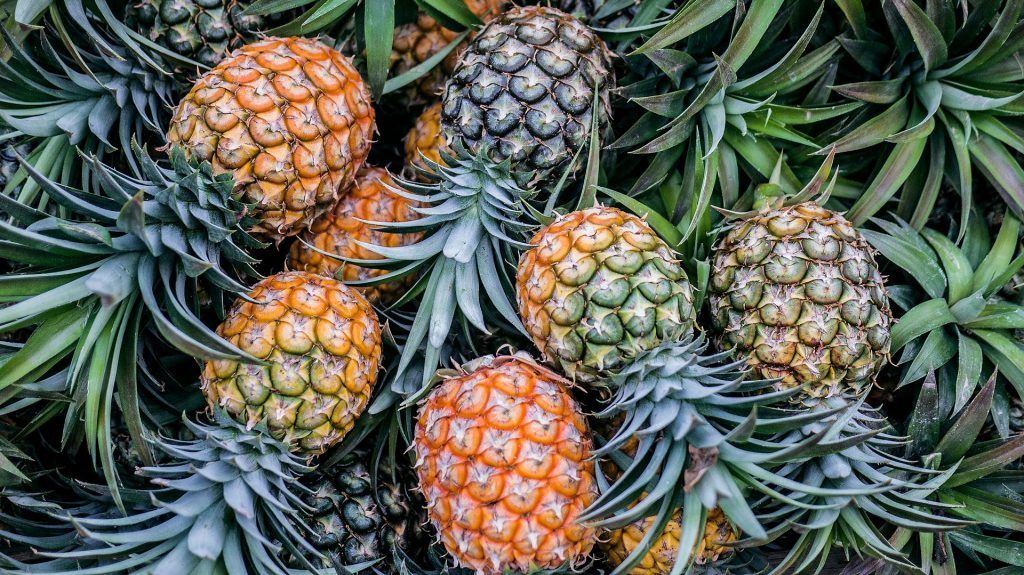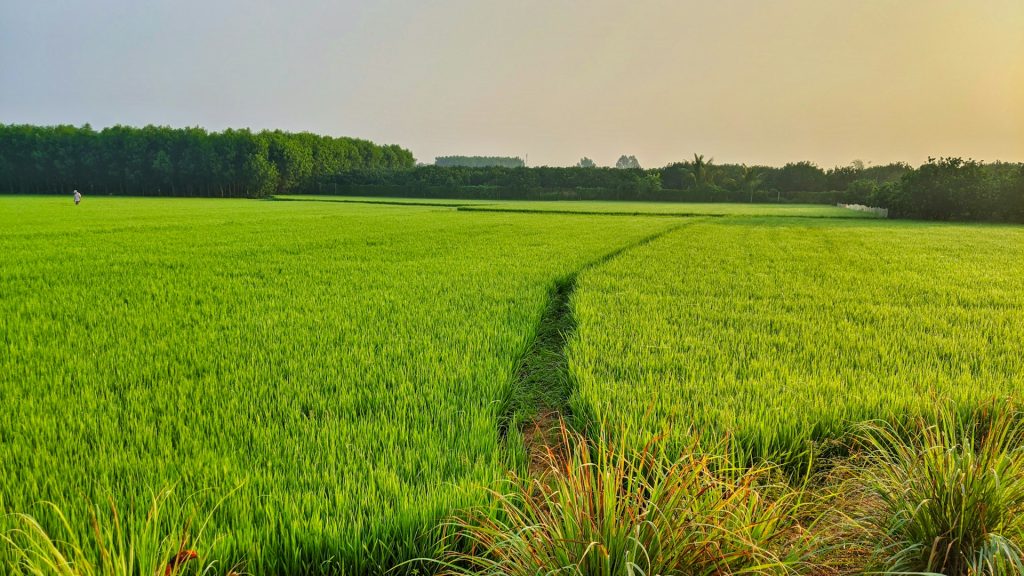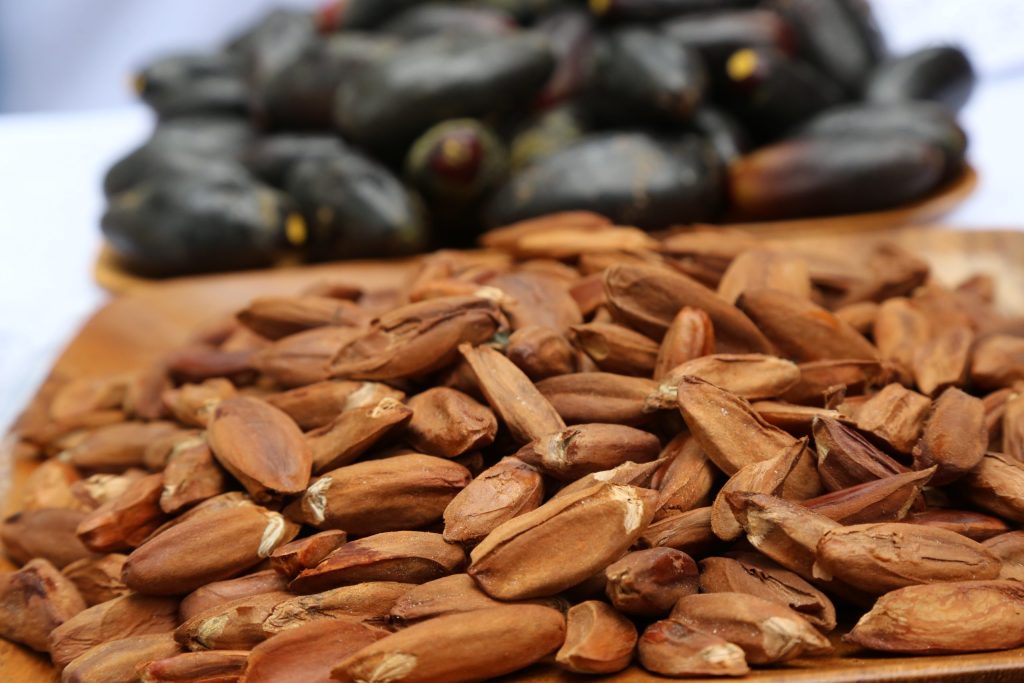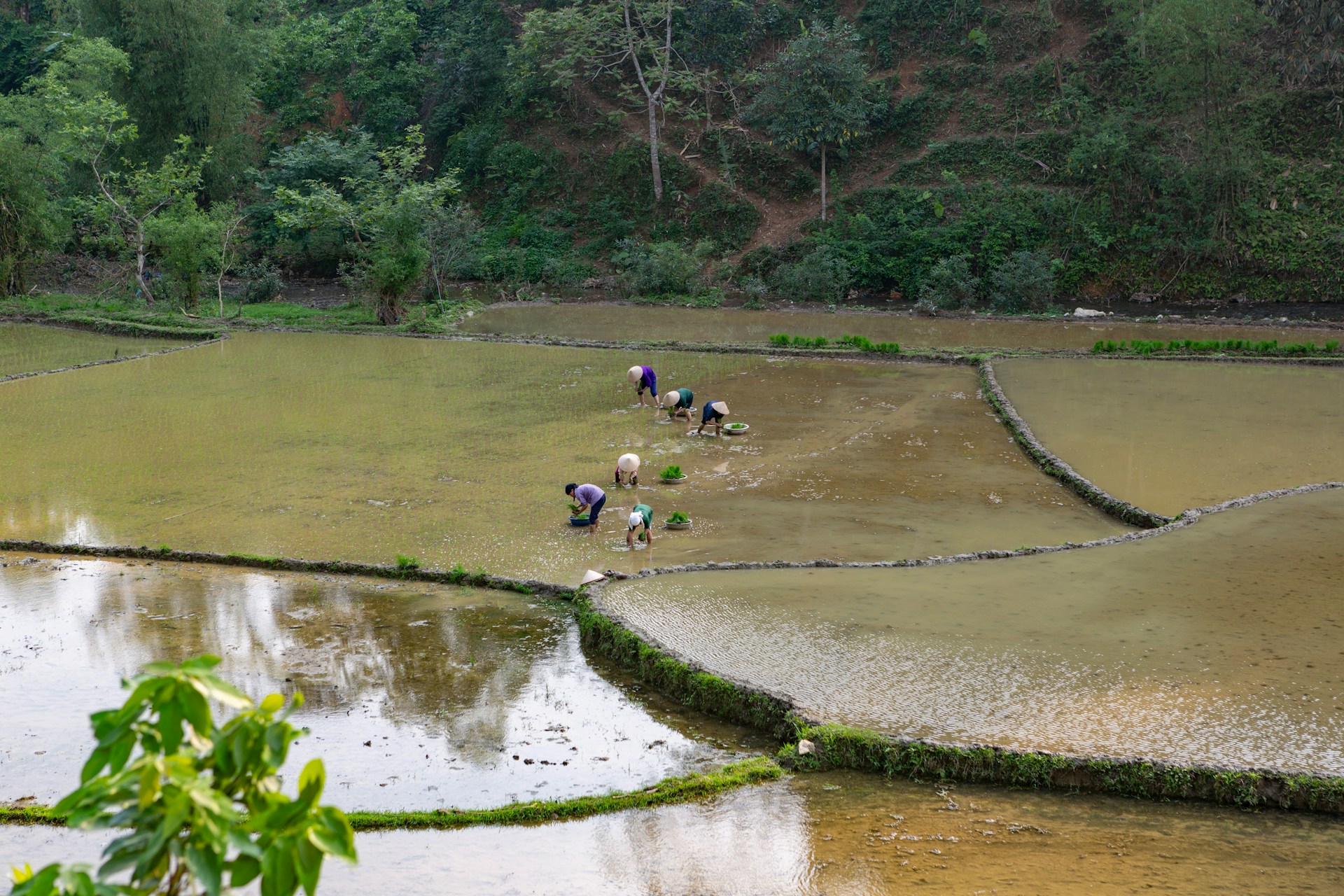Have you ever wondered which Southeast Asian countries lead the pack in agricultural technology? Look no further than Thailand, Vietnam, and the Philippines. These nations are not just growing crops but revolutionizing how we farm. Thailand’s juicy pineapples, Vietnam’s diverse crops, and the Philippines’ tropical fruits are just the beginning. Let’s focus on how they utilize and adopt technology to boost agricultural production.
Leading Agricultural Technology in Southeast Asia: Thailand, Vietnam, Philippines
Thailand
Thailand Is a Country That Exports Fruits
Thailand is known for its tropical climate and delicious fruits. As of 2021, Thailand has become the world’s leading exporter of canned pineapple, with an impressive 60% market share. Thai canned pineapples have become a much-loved taste worldwide. Apart from canned pineapples, Thailand also exports a variety of fresh fruits like mangoes and durian.
Thailand’s expertise in pineapple farming, vast fertile land, and year-round sunshine have made it the pineapple king of the global fruit trade. The country’s advanced infrastructure for processing pineapples enables Thai pineapples to enjoy a longer shelf life and reach far-flung places worldwide.

How Thailand Boosts Agriculture System
The Thai government actively fuels innovation by investing in agritech initiatives. This financial backing promotes research and development of cutting-edge technologies and attracts private companies eager to capitalize on these advancements. Thailand boasts a solid academic base that is the backbone of its agricultural technology sector. Renowned universities and dedicated research institutions are crucial in developing new technologies and crop varieties tailored explicitly to Thailand’s unique agrarian conditions.
Additionally, Thailand’s private sector thrives with a vibrant agritech startup scene, pulsating with innovative solutions designed to address the specific needs of local farmers. No wonder Thailand become a prominent exporter with a good agriculture technology system in Southeast Asia.
AI System Supports Thailand Farmers
According to Techsciresearch, the agricultural sector in Thailand is showing a significant interest in using Artificial Intelligence (AI). The increasing availability of affordable AI-based agri-tech solutions drives this interest. As these technologies become more accessible, farmers in Thailand are becoming more inclined to adopt AI applications to improve their farming practices.
This affordability is especially crucial for small and medium-sized farmers who often operate within tight budget constraints. The widespread availability of these technologies makes adopting AI in agriculture more inclusive, allowing a larger group of farmers to benefit from advanced farming techniques. Consequently, a growing number of farmers in Thailand are turning to AI solutions to improve their operations, enhance crop yields, and support the sustainability of the agricultural sector.
Vietnam
The Major Player of Rice Exporter
In the first seven months of 2023, Vietnam exported more than 4.83 million tonnes of rice worth over 2 billion USD. With a total rice output of over 43.1 million tonnes in 2023, Vietnam is expected to export about 7.5 million tonnes of rice this year.

How the Vietnam Government Supports Farmers
Vietnam’s agricultural sector has become a powerhouse in Southeast Asia. Vietnam has a unique advantage in terms of biodiversity, with native crop varieties that are perfectly adapted to local conditions. The government actively encourages modernization with high-yielding crop varieties, advanced irrigation systems, and research institutions that develop new technologies tailored to Vietnamese soil and climate.
Vietnam’s farmers, who have honed their skills over generations, must be more content with tradition. A new wave of young Vietnamese agriculturalists with an entrepreneurial spirit is emerging. Organic farming practices and direct-to-consumer marketing strategies are changing the game, ensuring Vietnamese produce reaches tables domestically and globally.
Advancing Science and Technology Innovation
Cited from Vietnam News, Vietnam aims to become a leading producer and supplier of sustainable, responsible, and transparent food shortly. Science, technology, and innovation are playing a vital role in the development of a sustainable global food system. The introduction of crop varieties, raw materials, and new technologies such as biotechnology and advanced precision agriculture tools, including Automatic Identification Systems (AIS) and digitization, is helping farmers to adapt more efficiently to changing weather conditions.
Philippines
The Philippines is a notable agricultural producer and exporter in Southeast Asia, but it cannot be considered a major global exporter compared to countries such as Thailand or Vietnam. Nevertheless, the Philippines has some areas of expertise and potential for further growth.
The Philippines is known for its diverse agricultural products, such as rice, Cavendish bananas, pineapples, coconut-based goods, sugarcane, coffee beans, and abaca. These exports demonstrate the country’s rich resources.
Technological Advancements in Philippines
Although the Philippines may not be as advanced in agricultural technology as regional leaders like Thailand, it is making progress by adopting new techniques such as high-yielding crop varieties, improved irrigation systems, climate-smart agriculture, and Information and Communication Technology (ICT) in agriculture.
The country faces a few challenges, such as fragmented landholdings, limited access to financing for small farmers, and the need for more infrastructure development in rural areas. However, the government is focusing on modernization, investing in research and development, and improving the skills of farmers, which positions the Philippines for continued growth in the agricultural sector. By further embracing agriculture technology and addressing existing roadblocks, the Philippines has the potential to establish itself as a significant agriculture exporter player in Southeast Asian agriculture and expand its reach in the global market.

Agriculture Drone Service Company to Aid Precision Farming
In the heart of Southeast Asia, Thailand, Vietnam, and the Philippines are pioneering a vibrant future for agriculture by adopting cutting-edge technologies. Thanks to their forward-thinking approaches, these nations are on the cusp of achieving unprecedented success in their farming sectors. At Terra Agri, a pioneering farming drone service provider in Malaysia and Indonesia, we are excited to forge partnerships with companies eager to transition into drone-based precision farming.
Our specialized drone spraying and mapping services are designed to usher in a new era of environmentally friendly precision farming. By leveraging our expertise, companies can significantly reduce operational costs and maximize crop yields while adhering to sustainable farming practices. These countries are beacons of sustainability, with a wealth of knowledge and a profound reverence for their natural resources. Their commitment is not just feeding their populations but also setting a new standard for the future of agriculture in Southeast Asia and beyond.

